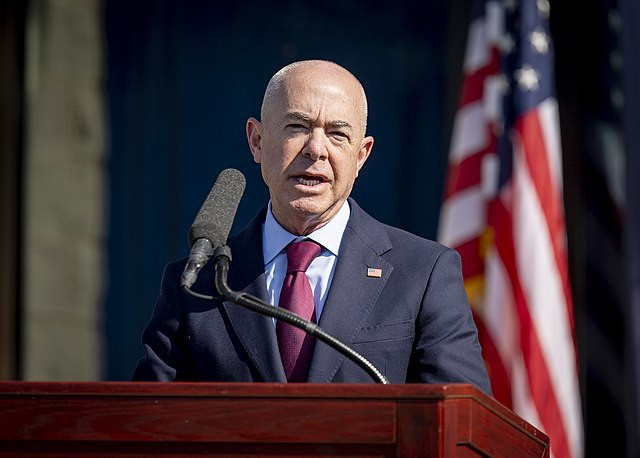House Republicans' pursuit of impeachment against key figures in the Biden administration has ignited debates about the constitutional and political ramifications of such actions. The recent shift in focus from President Joe Biden to Homeland Security Secretary Alejandro Mayorkas as potential impeachment targets underscores a broader trend within the GOP, reminiscent of past attempts to leverage impeachment for political gain.
The drive to impeach Mayorkas, in particular, has been framed by critics as an extension of a pattern established by the House Freedom Caucus, which has previously engaged in efforts to impeach government officials based on contentious grounds. This approach, dating back to the attempted impeachment of then-IRS Commissioner John Koskinen in 2016, has been criticized for subverting the grave constitutional remedy of impeachment into a tool for partisan skirmishes.
The implications of such a strategy are profound, especially in the lead-up to a potential rematch between Trump and Biden in the next presidential election. The dilution of impeachment's gravity as a constitutional safeguard against misconduct could not only weaponize this critical check on executive power but also diminish its efficacy in addressing genuine instances of "high crimes and misdemeanors."
House Republicans' focus on Mayorkas, particularly over immigration and border enforcement policies, exemplifies the contentious use of impeachment to address policy disagreements rather than clear constitutional violations. Despite the lack of evidence meeting the high threshold for impeachment, the GOP's persistence signals a willingness to push the boundaries of this constitutional mechanism for perceived political advantage.
Rep. Marjorie Taylor Greene's vocal support for Mayorkas' impeachment, coupled with her prediction of unanimous Republican support and complete Democratic opposition, further illustrates the partisan nature of the current impeachment discourse. The advancement of impeachment articles against Mayorkas by the House Homeland Security Committee, expected to proceed along party lines, reinforces the perception of impeachment as a politicized tactic rather than a solemn constitutional duty.
Democrats, for their part, have accused Republicans of exploiting the border crisis and Mayorkas' role for political points, arguing that such actions detract from bipartisan efforts to address border security comprehensively. The Department of Homeland Security has dismissed the impeachment markup as political posturing, emphasizing the need for constructive solutions over partisan grandstanding.
As the House gears up for a vote on Mayorkas' impeachment, the broader implications for American democracy and the integrity of its constitutional processes loom large. The recurring use of impeachment as a political weapon not only threatens to erode public trust in this essential check on power but also risks undermining the nation's ability to hold truly wayward officials accountable in the future.
In this charged atmosphere, the role of evidence, constitutional fidelity, and bipartisan consensus in impeachment proceedings has never been more critical. As the nation watches the unfolding drama, the enduring question remains: can the sanctity of impeachment be preserved amidst the tumult of partisan politics?






